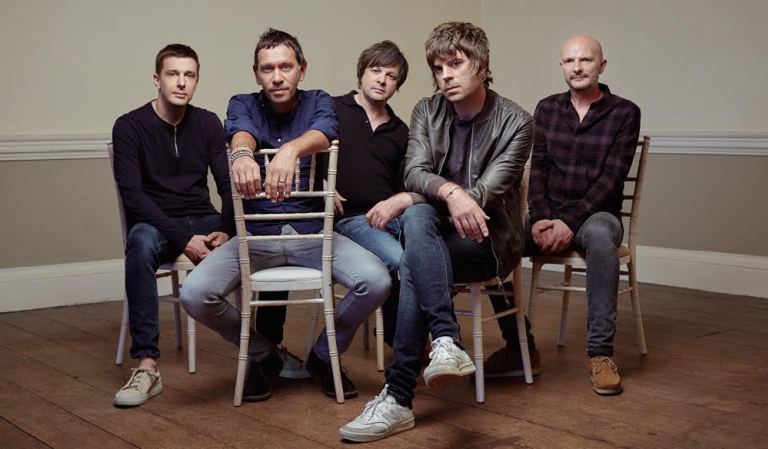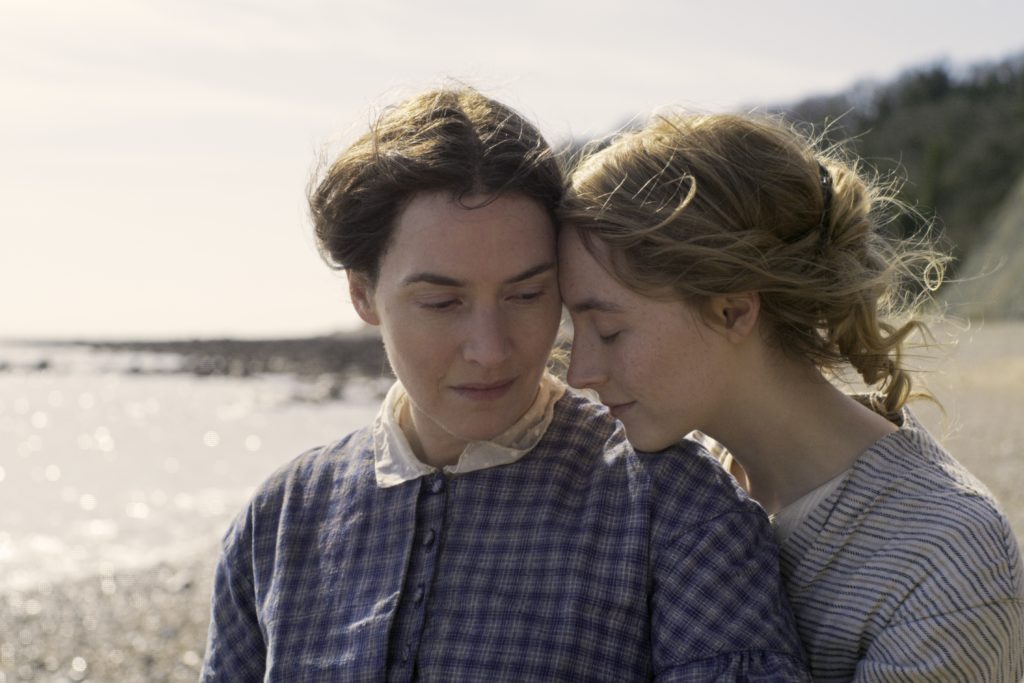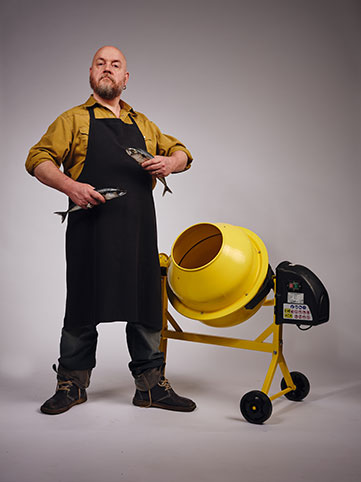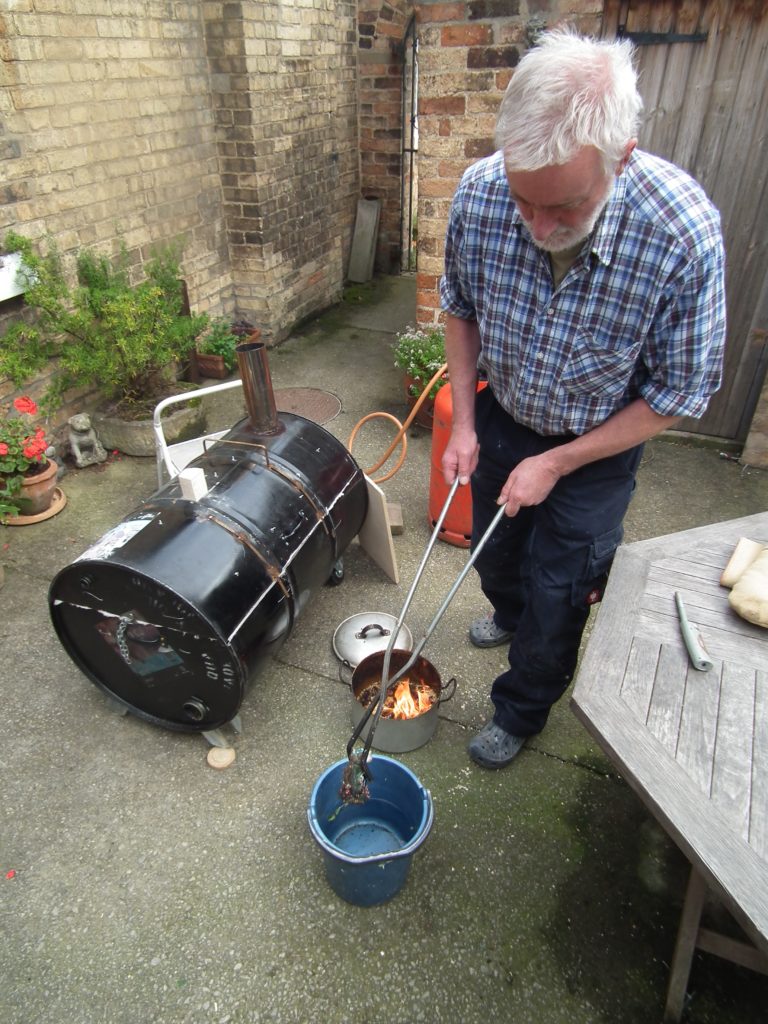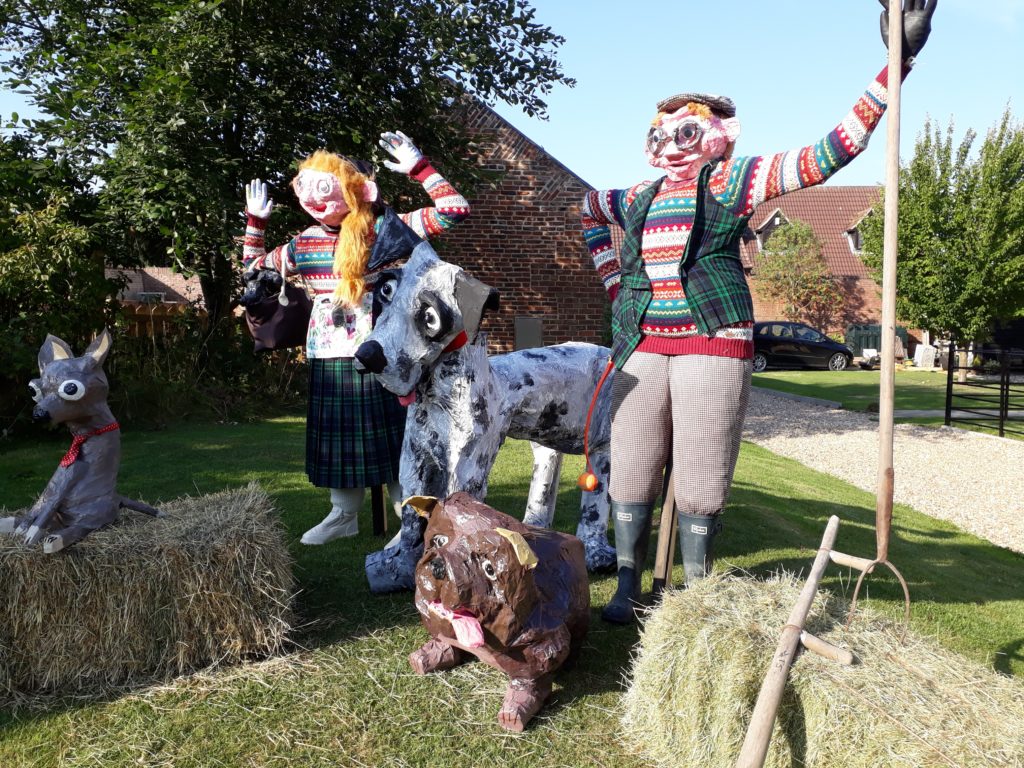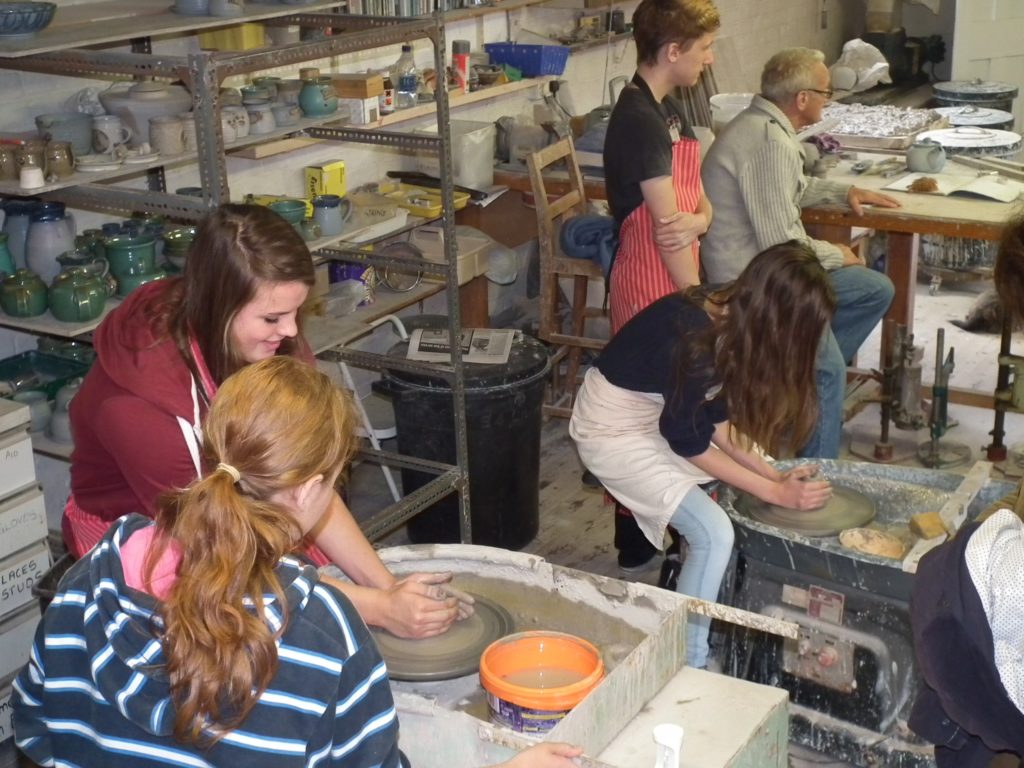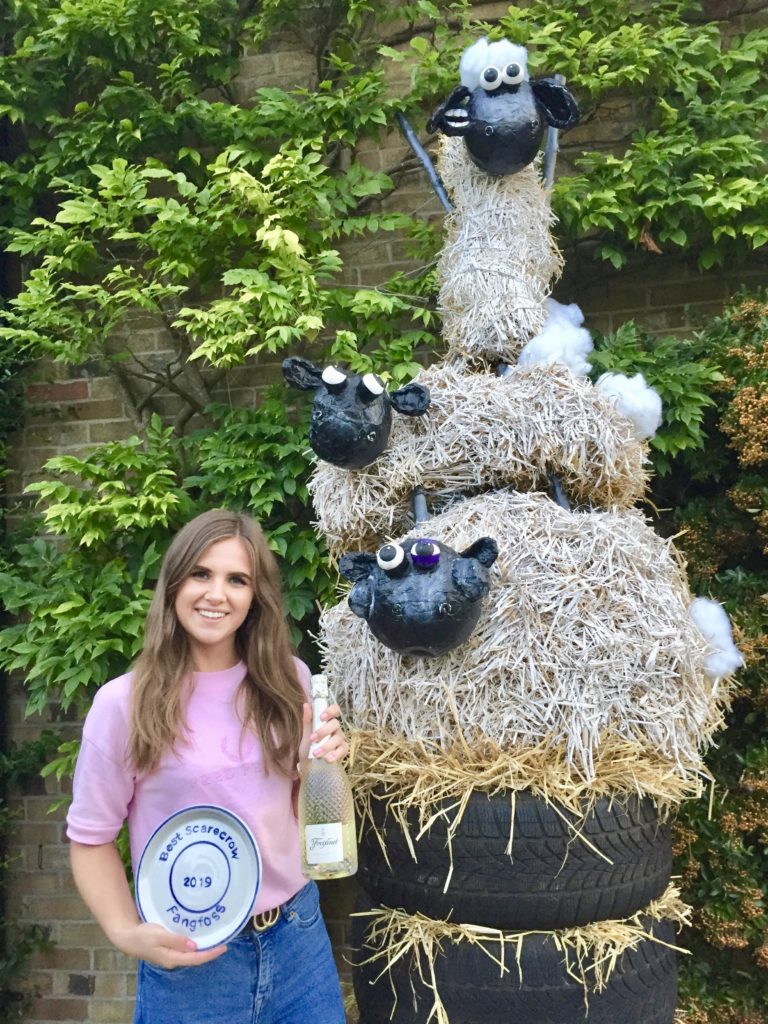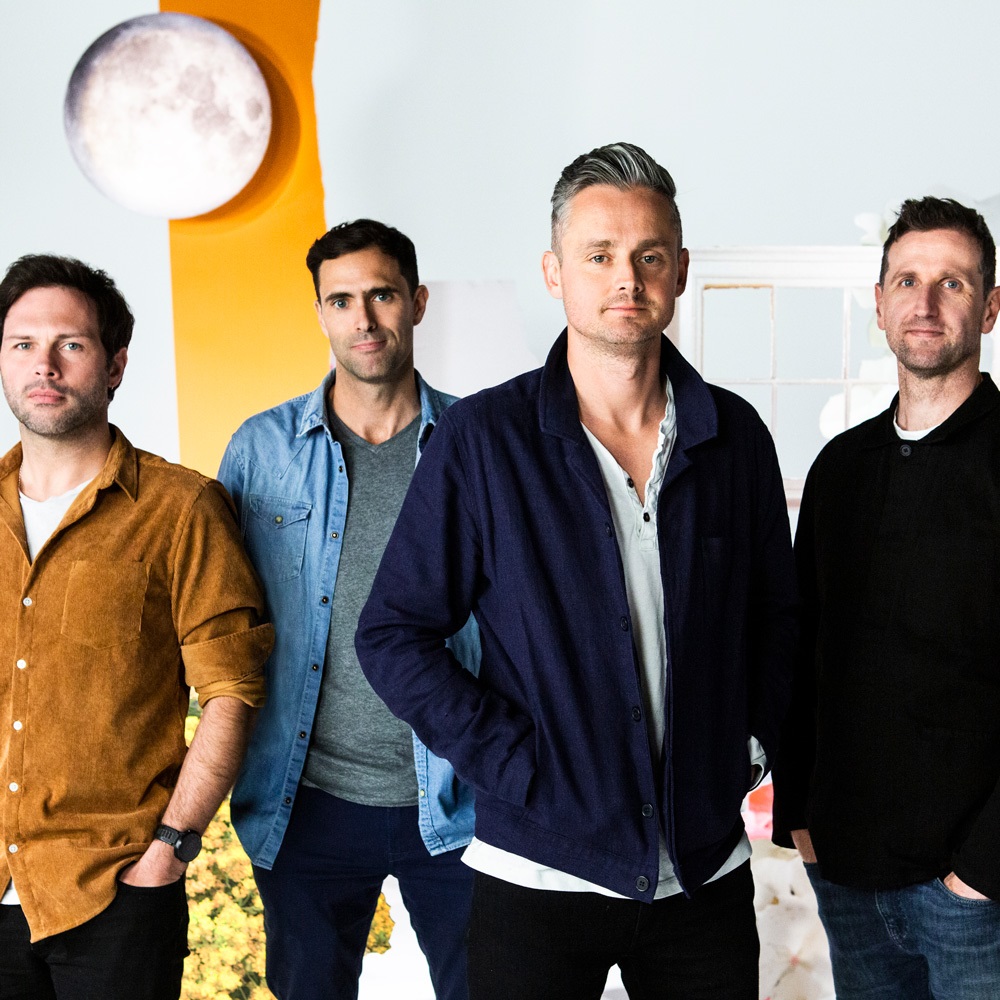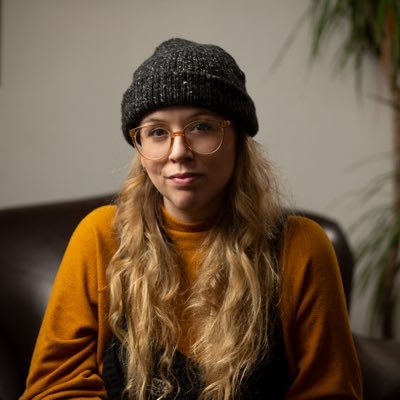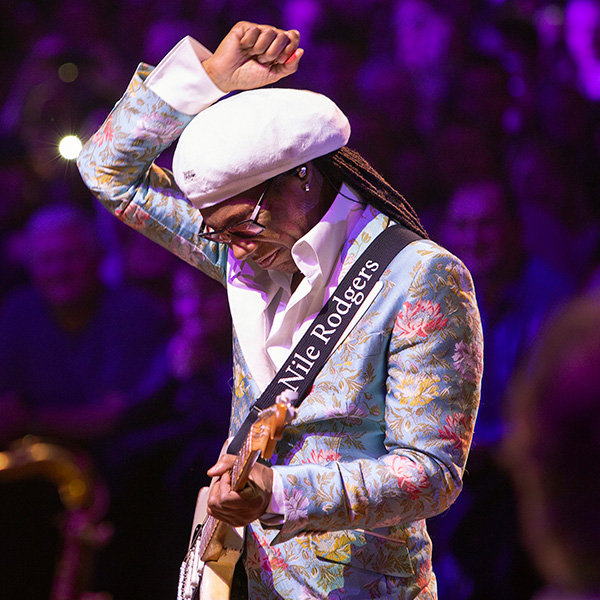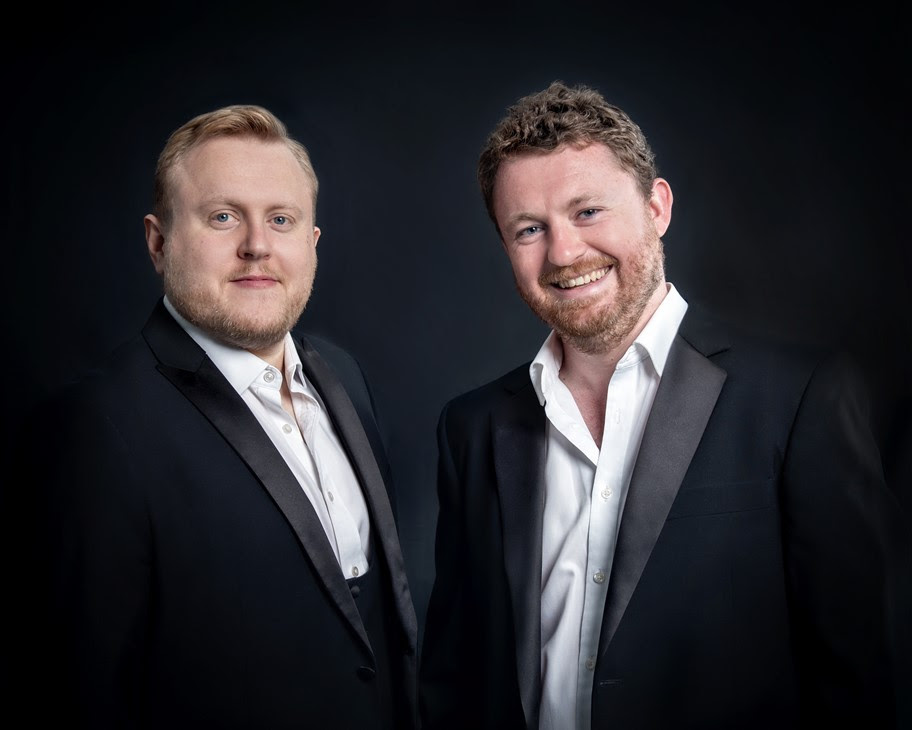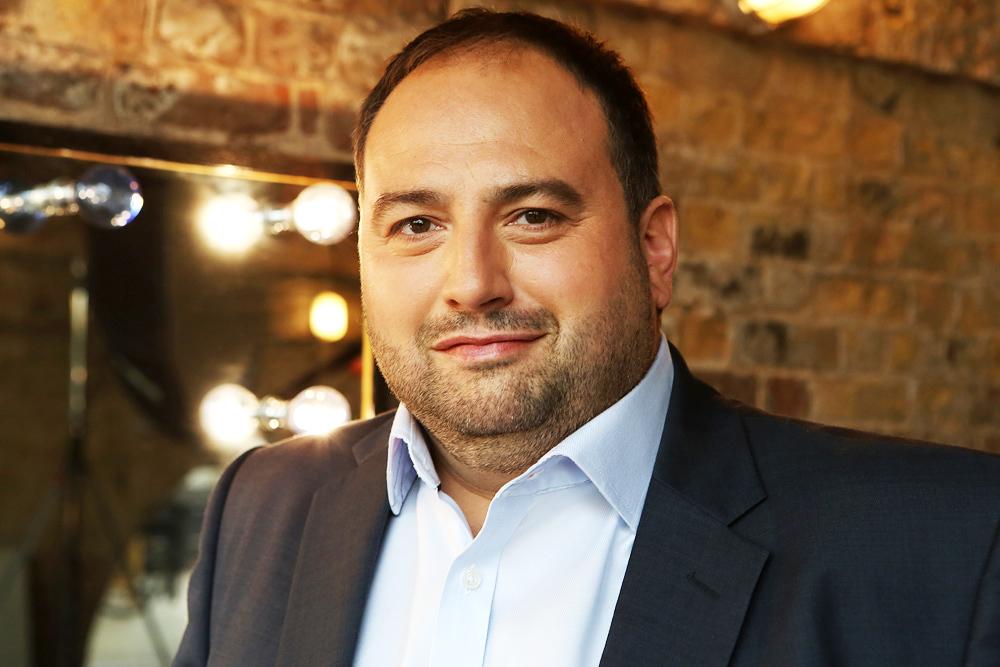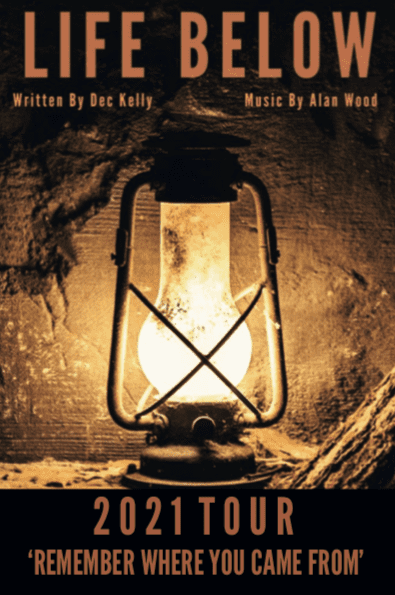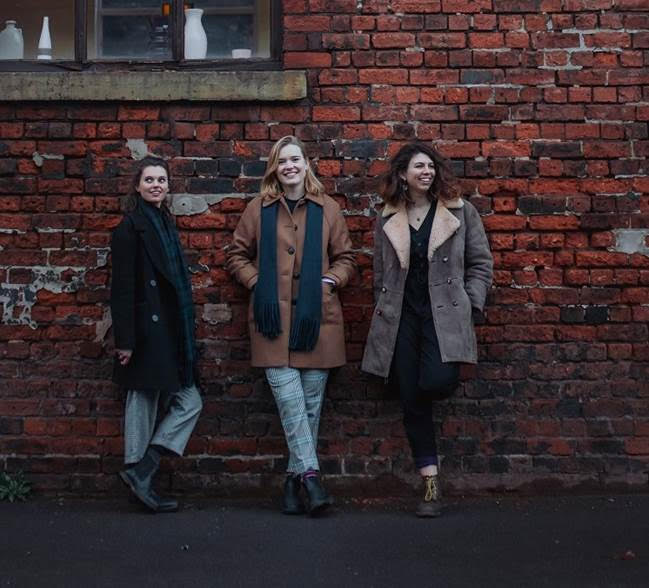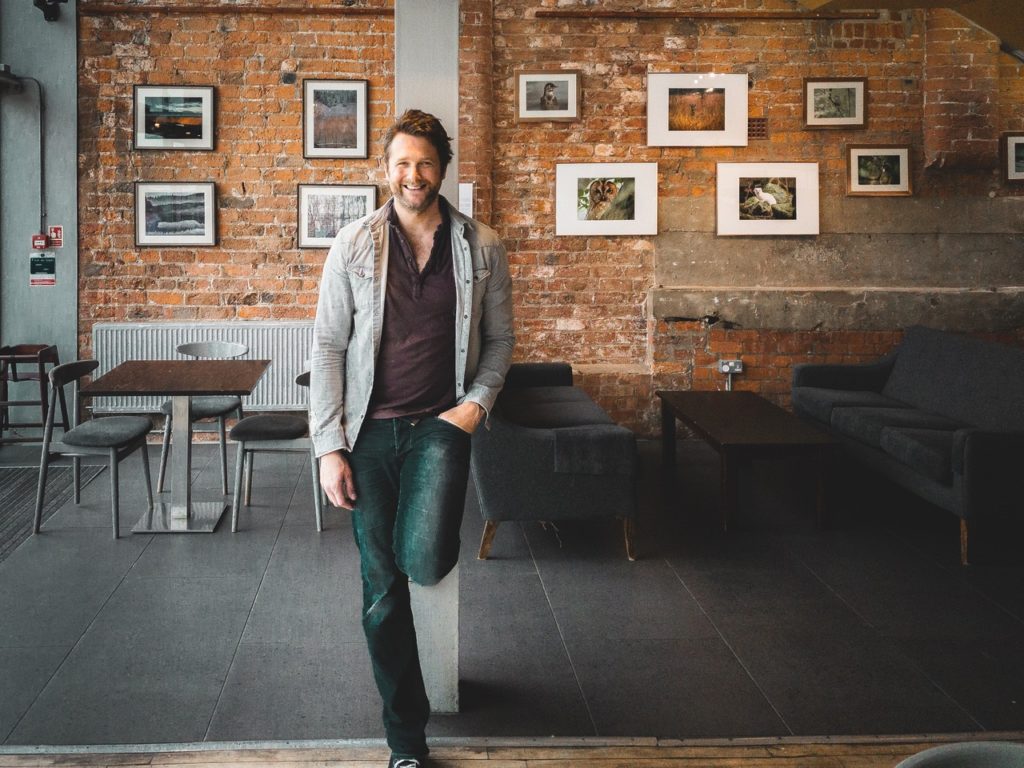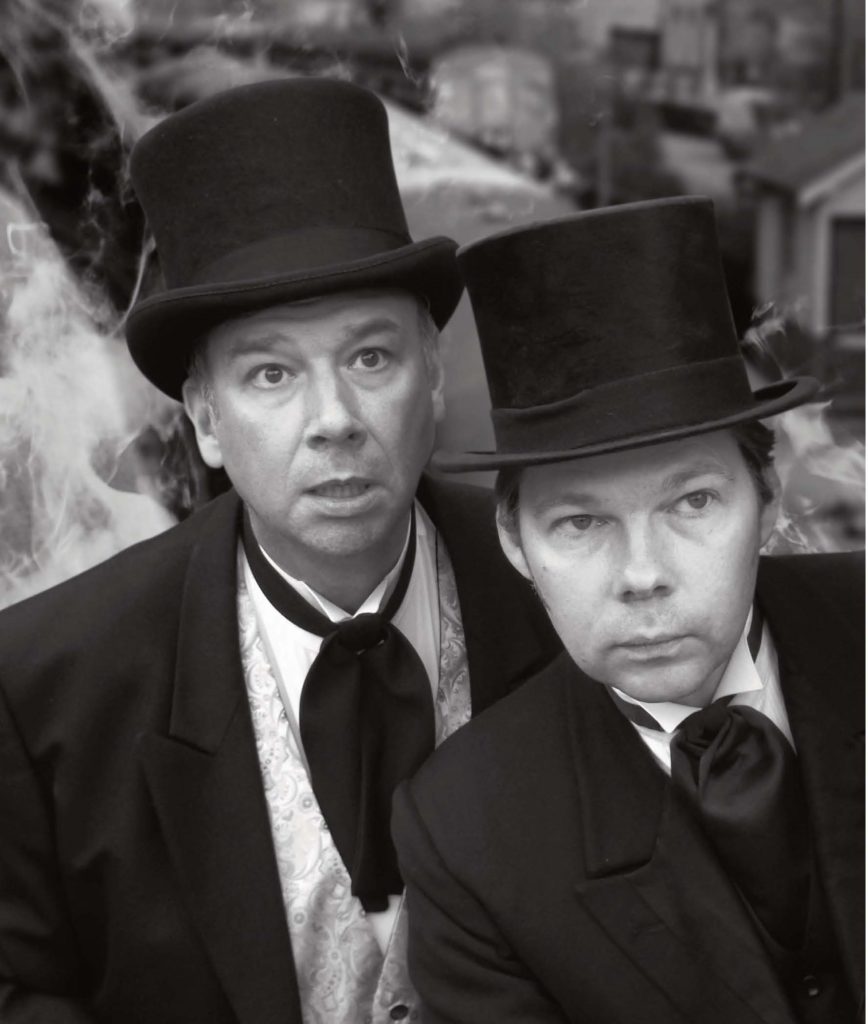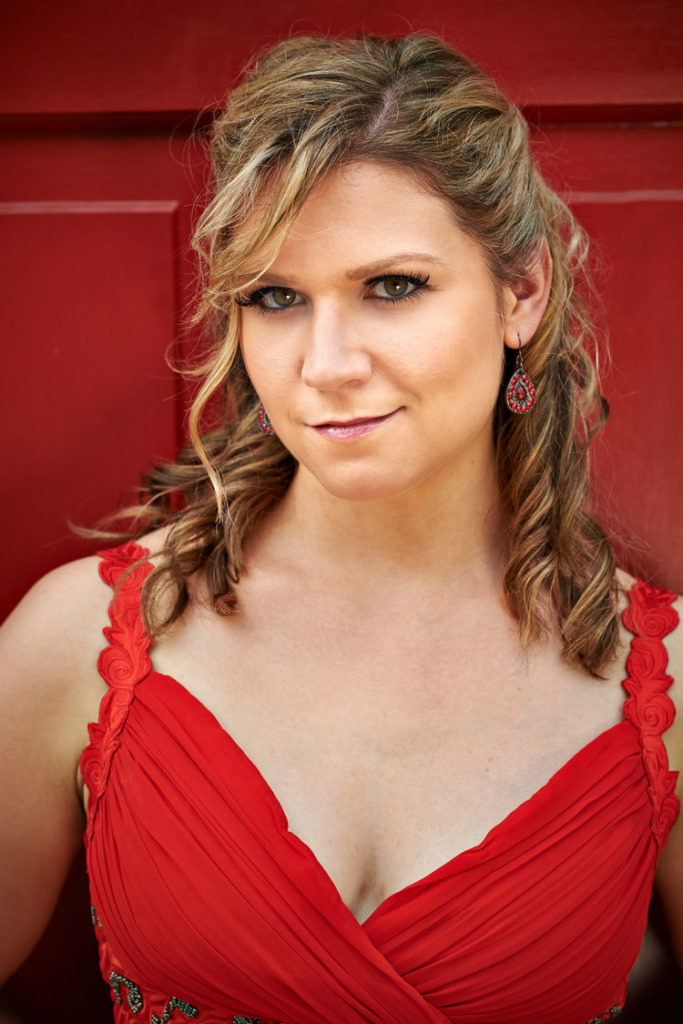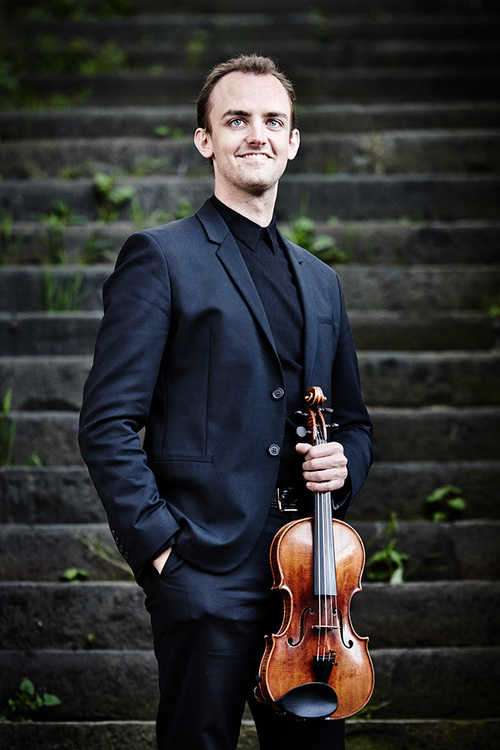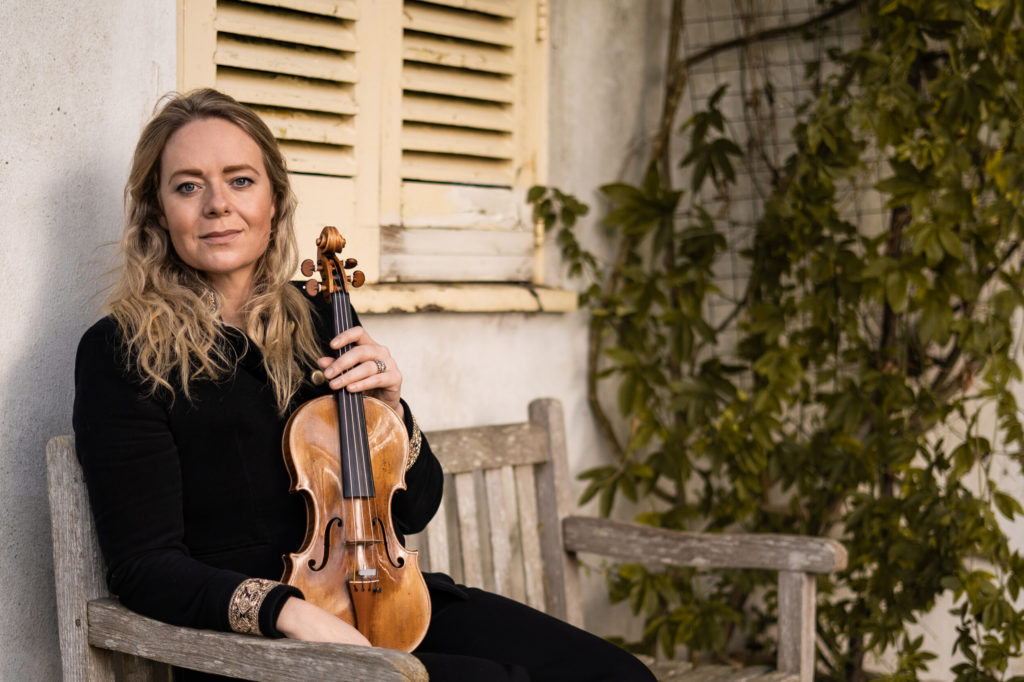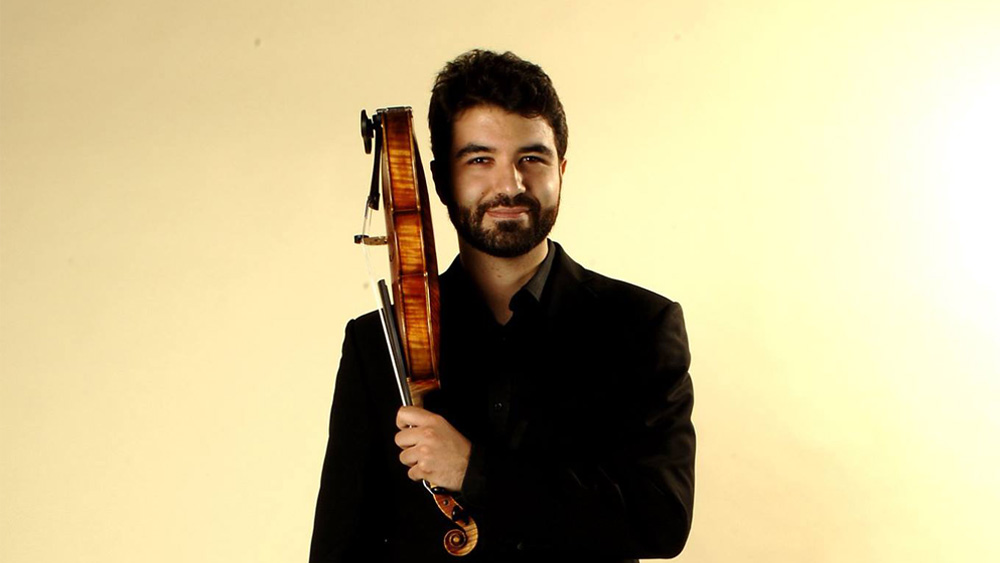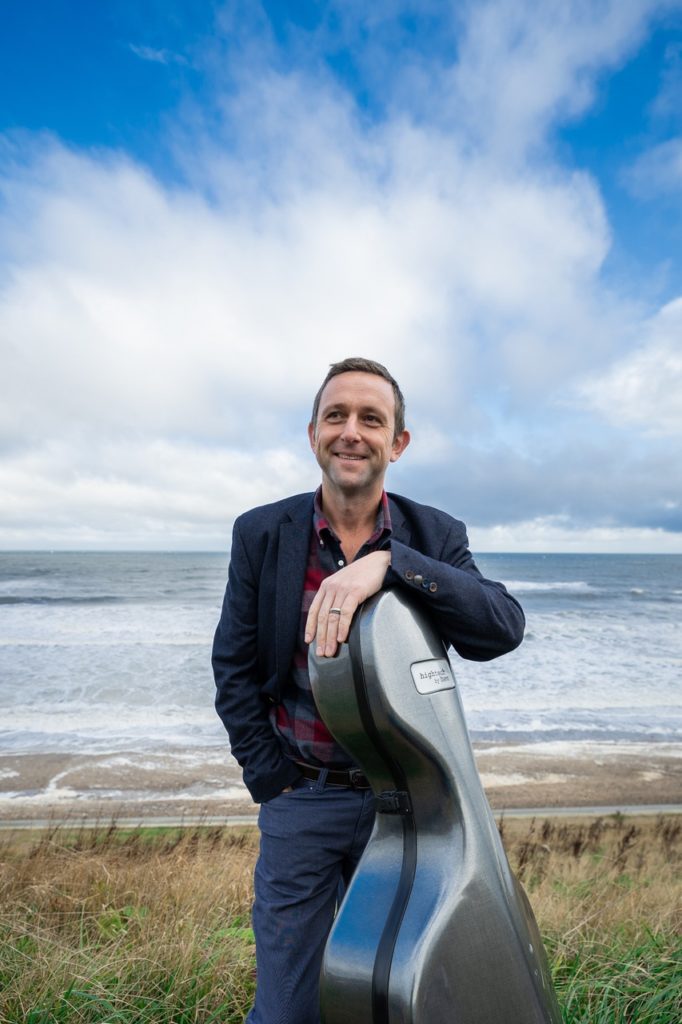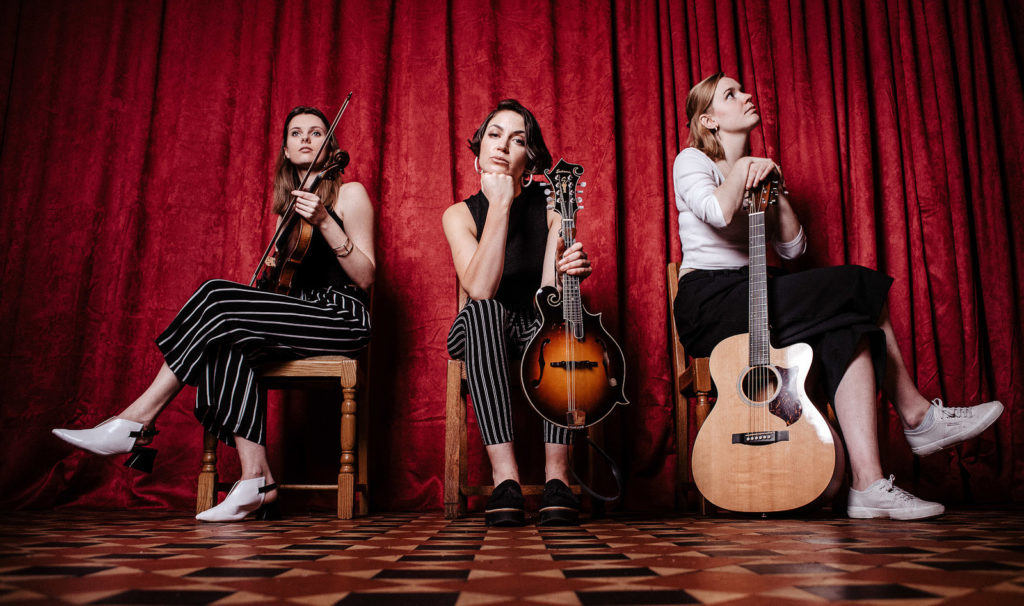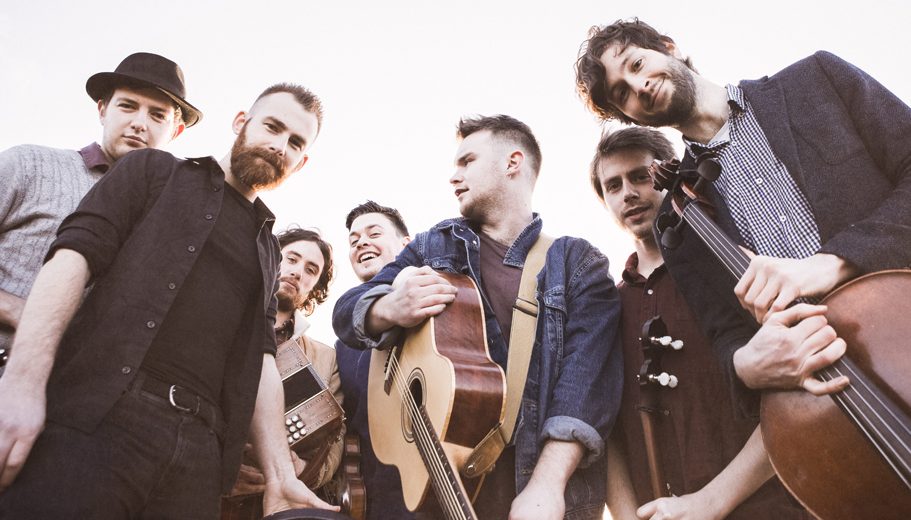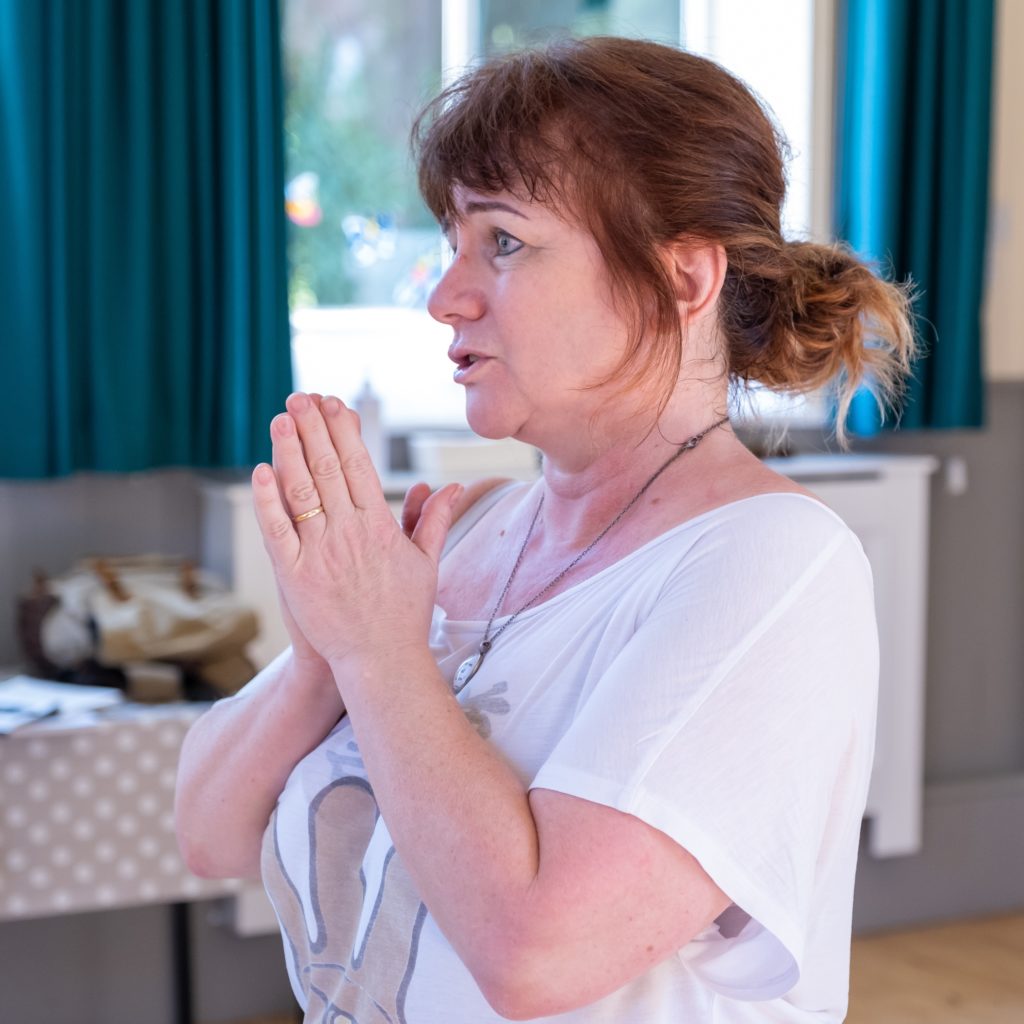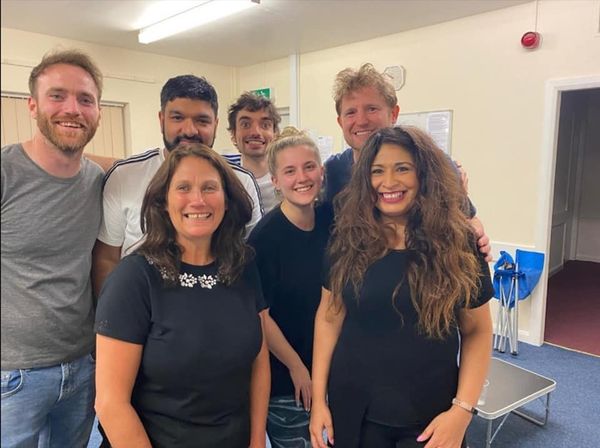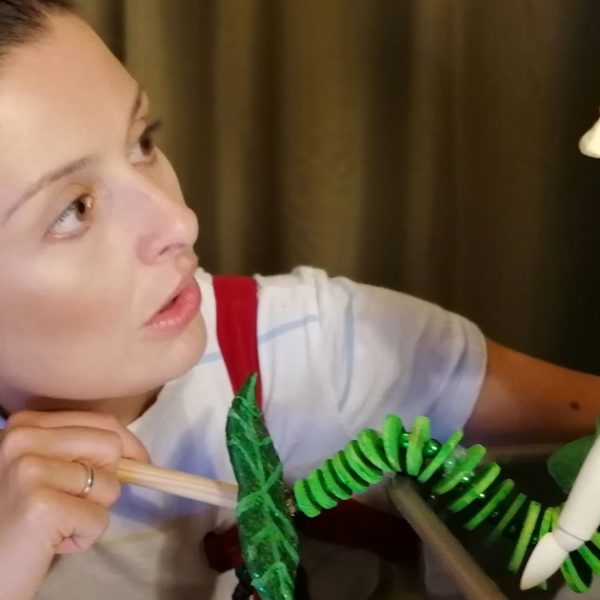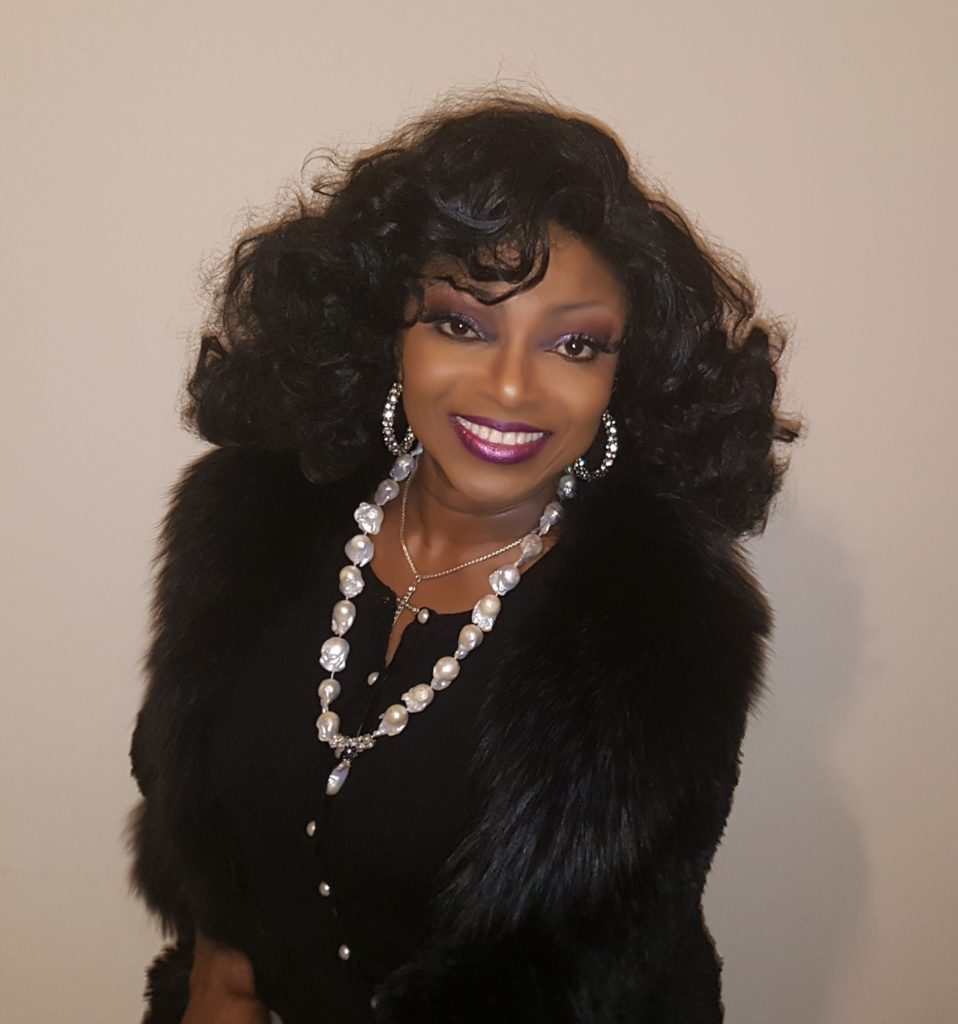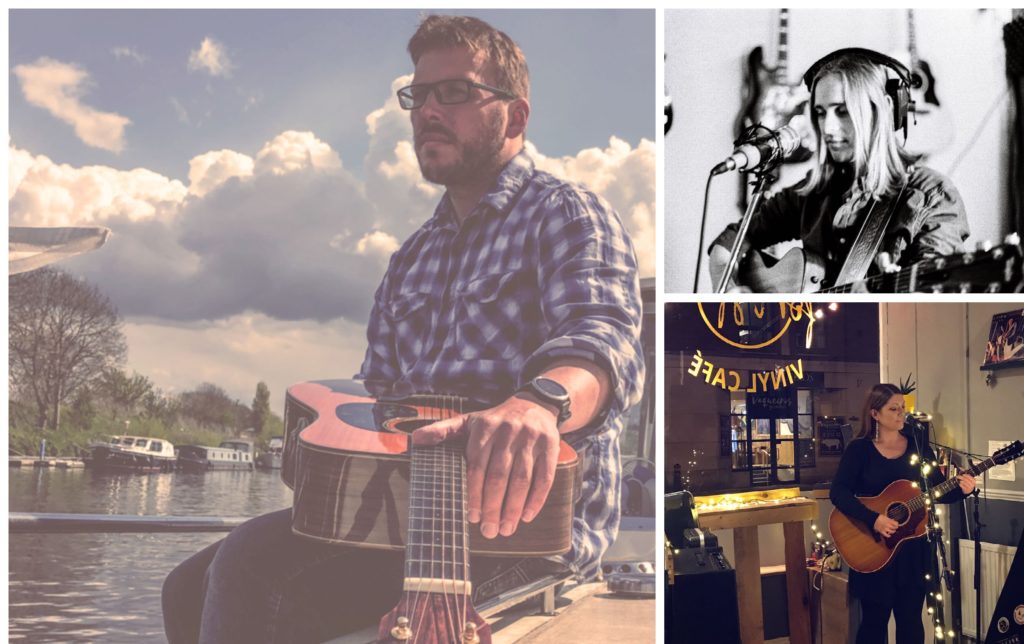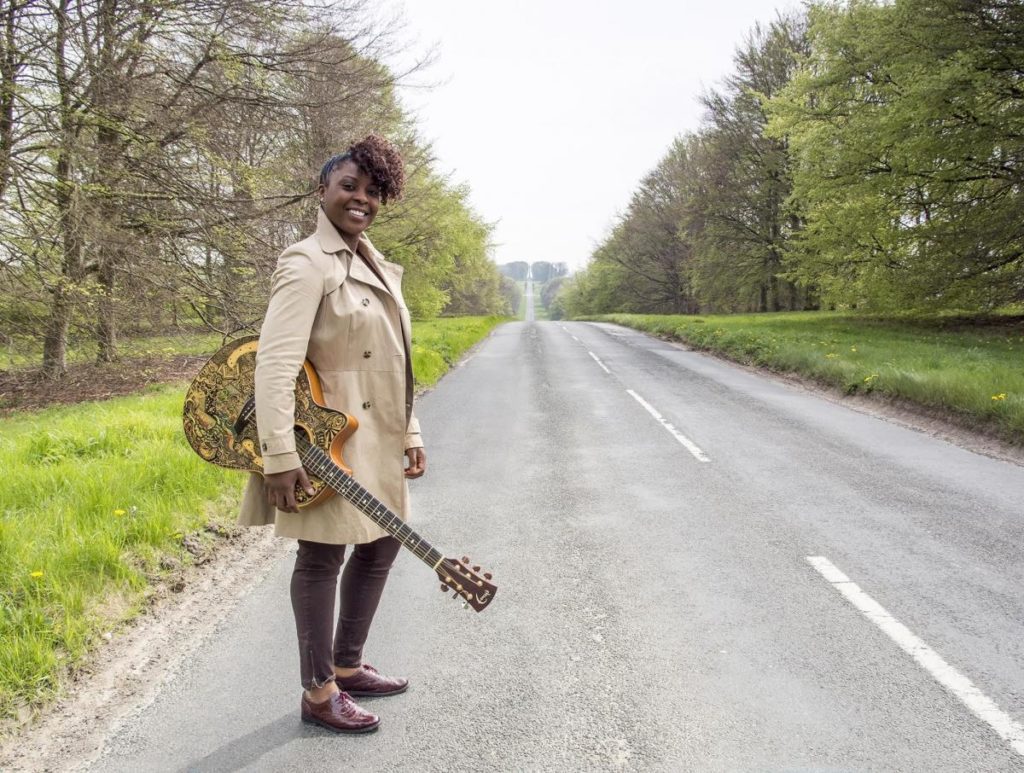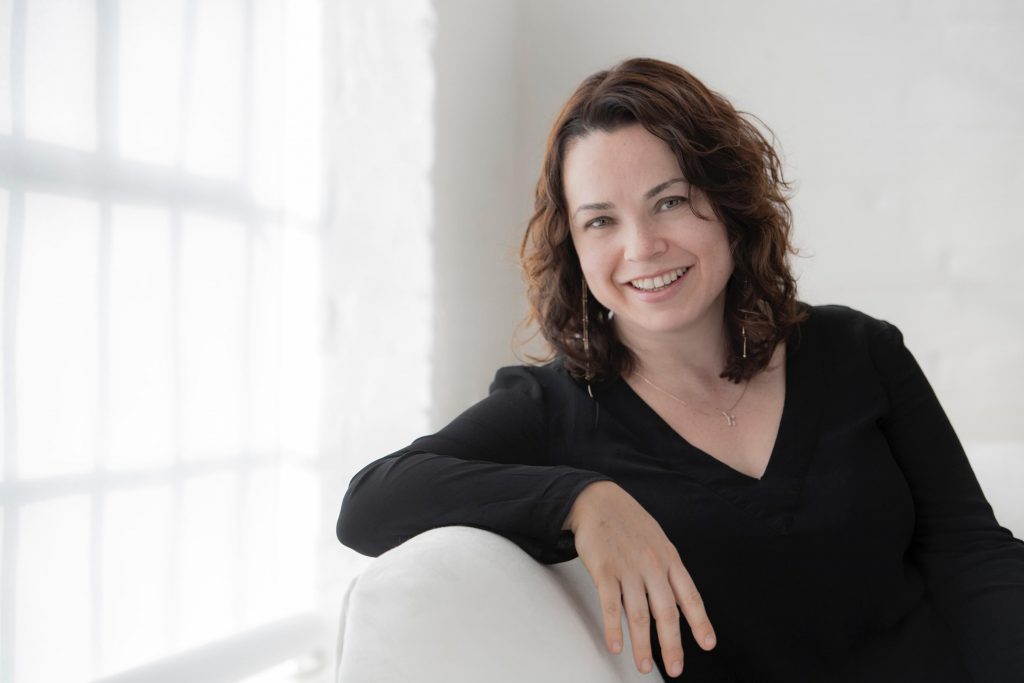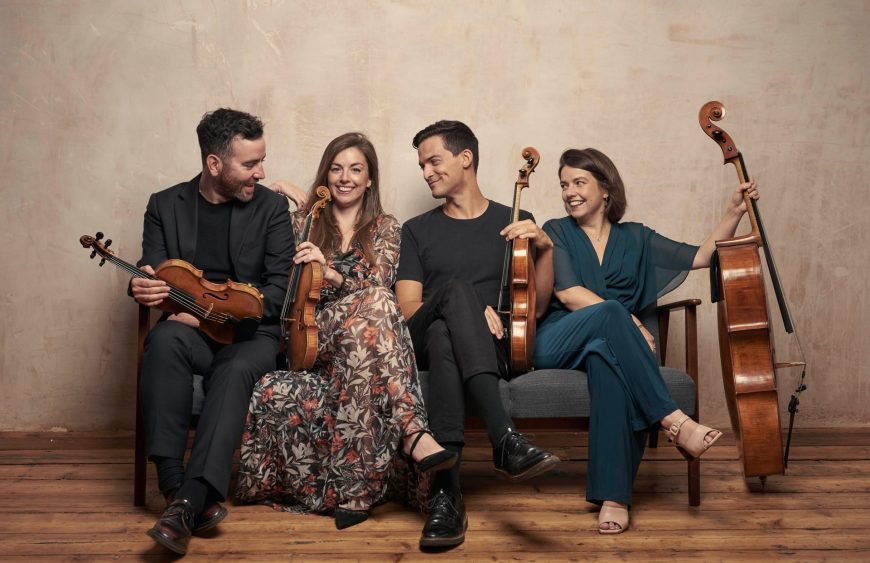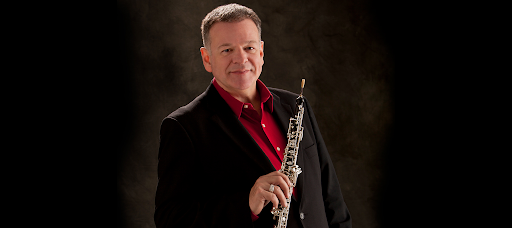
North York Moors Chamber Music Festival: Post War Paris; Trio Mazzolini, Welburn Manor Marquee, August 19 and 20
POULENC was the chosen representative of Paris in the eras after the two World Wars, with Prokofiev in his neo-classical prime characterising the Roaring Twenties. But last Thursday evening’s programme was given in more or less reverse chronological order.
Poulenc’s only three sonatas for solo wind instruments date from the last five years of his life. All were written in memory of friends as he began to contemplate his own demise. But they are far from elegiac, combining reminiscence with levity: Poulenc is rarely able to keep a straight face for long.
The Oboe Sonata of 1962, the last to be written, is the most outwardly mournful of the three and remembers Prokofiev. Nicholas Daniel’s oboe took a leisurely approach to the opening Élégie, describing a giant arch that reached a restrained crescendo before subsiding placidly, accompanied every step of the way by Katya Apekisheva’s sensitive piano.
The scherzo was typically flippant, but more than balanced by a pensive finale, where the action was mainly in the piano while the oboe wept.
Five years earlier, Poulenc had written his Flute Sonata, formally in memory of his patron
Elizabeth Sprague but fired by the spirit of his friend Raymonde Linossier. Thomas Hancox brought verve to the puckish opening, with smooth legato in the central Cantilena. He was even lighter on his toes in the finale – which is briefly interrupted by an elegy when Poulenc remembers to be serious.
Hancox brought a trigger-jerk to the start of every phrase, which was fine at exciting moments but distracting when the going was supposed to be calmer.
The sounds of Paris were much more apparent in the Clarinet Sonata, where Matthew
Hunt was soloist, partnered by Alasdair Beatson’s piano. Although in memory of Honegger, it was written for Benny Goodman, hence its several nods towards jazz. Its central Romanza was especially affecting but the shrieks in the finale were pure Benny. This duo mixed flair with finesse.
Prokofiev’s Quintet in G minor, Op 39 began life as a ballet, Trapeze, written in 1924, using the unusual combo of oboe and clarinet, with violin, viola and double bass. It reeks of circus life. The winds are so dominant in the opening that one feared for balance, but the double bass led the way in the following movement, often made to sound like a cello, with quirkily dissonant outcomes.
Similarly later, rapid bass pizzicato, imitated by the other strings, led to a crazy ending in the Allegro Precipitato. Straight out of the Twenties, the finale, although in three-time, was more Charleston than waltz. Nikita Naumov’s bass was the star of this show.
Poulenc’s Trio, Op 43, written only two years after the Prokofiev, was much more backward-looking, even nostalgic in its romanticism. It linked Daniel’s oboe and Beatson’s piano to Amy Harman’s bassoon. Its long-limbed Andante might almost have been late Brahms; it was lovingly presented.
The trio made teasing use of the many rests at the end of their jaunty Rondo, probing Poulenc’s wit to its limits.
Last Friday lunchtime, it was the turn of the Trio Mazzolini to take their place as the last of the Young Artists in the festival, an initiative, incidentally, that has been a great success by all accounts.
Piano trios by Haydn and Mendelssohn framed the 1998 trio by Judith Weir. This is a work of refreshing directness and clarity that wears its heart on its sleeve. The bells of St Mark’s, Venice ring through the opening movement which radiates exotic tints of the barcarole that is Schubert’s Gondelfahrer, its inspiration.
The strings handled the harmonics of the Scherzo deftly, and the taut curlicue motif in the
finale was positively crystalline here. The Mazzolinis clearly revelled in this idiom.
The Haydn, a late work in C major, was notable for the ensemble’s use of rubato, which carried more than a hint of signposting that the music does not need. Still, Harry Rylance’s piano passagework in the finale was impressive, even if his partners struggled to achieve a good balance.
We heard more from the strings in Mendelssohn’s Trio No 2 in C minor, although Yurie Lee’s cello could have afforded to project even more. The highlight was the Andante, the trio negotiating its rolling acres beautifully together and bringing it to a lovely close.
There was exciting propulsion in the Scherzo and the sweeping piano chorale in the final Allegro heralded a sweet-toned outpouring from Jack Greed’s violin. This is a
talented trio, with Rylance an exceptionally agile pianist, even if one could not always be sure that he was listening to his colleagues as keenly as he might.
This brought an end to my festival, which has been even more satisfying than last year’s – and that is saying something. The Welburn Marquee must surely become a fixture. Even allowing for a few bleating lambs and the odd passing tractor, it has an intimacy that is somehow exactly suited to chamber music and the audience this year has exulted in the many treasures it has heard. The rapport between listeners and players has been second to none.
Review by Martin Dreyer


